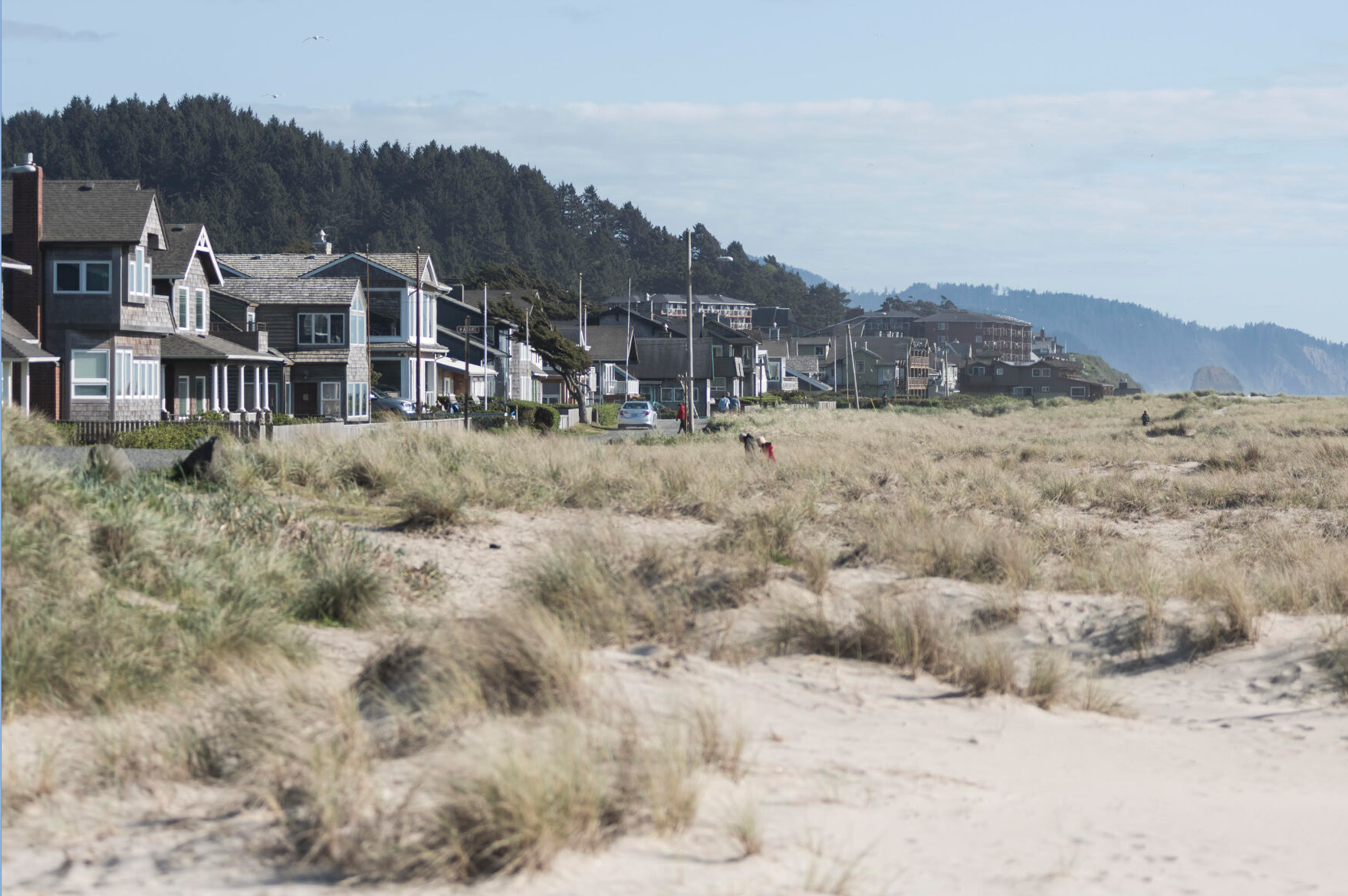Coal is coming to Port of St. Helens
Published 4:00 pm Wednesday, February 29, 2012
CLATSKANIE After more than two hours of public comments, Port of St. Helens commissioners voted to bring two coal export projects to the Port Westward facility.
Trending
That decision, which came during the boards Jan. 25 meeting at the Clatskanie Community Center, was reached despite opposition from a variety of area residents and environmental advocates such as the Sierra Club and Columbia Riverkeepers.
The port commissioners voted 4-1 to grant American energy company Kinder Morgan an option to lease port property. Only Commissioner Mike Avent was opposed.
A vote in favor of a terminal services agreement option with Ambre Energys Pacific Transloading, LLC was unanimous.
Trending
I am excited about the jobs that the project could bring, said Avent. Hopefully, youre going to be able to work through the challenges, through the rail issue thats before us. I look forward to working with you on those.
Among those issues are concerns about environmental impacts such as water pollution in the Columbia River, air and noise pollution from coal trains rumbling along U.S. Highway 30, and traffic issues any additional trains may cause.
Along the rails
Kinder Morgans proposal for a coal export terminal includes bringing coal to a Port Westward facility via Portland and Western Rail, which runs along U.S. Highway 30.
These trains would have somewhere between 100 to 125 rail cars, with each car carrying about 120 tons of coal.
Once the coal reaches the Port Westward facility, it would be offloaded onto cargo ships headed overseas.
Kinder Morgan officials said the Clatskanie project would require a capital investment of $150 million to $200 million, and would create 150 or more construction-related jobs for a period of 18 to 30 months.
Once completed, the company said, the facility would generate lease revenues of more than $2 million annually for the Port of St. Helens, plus an estimated $3.7 million in local and state property taxes.
Once operational, the coal export terminal could bring 80 full-time jobs with an average annual salary of $90,000 plus benefits.
How many of those jobs would be filled from the local labor force, rather than current Kinder Morgan employees transferred in from other facilities, has yet to be explained.
However, the company did say during the presentation that it focuses on using local contractors and resources during construction and for facility maintenance, which will be supported by a collective bargaining agreement with the International Longshore and Warehouse Union.
Risk reduction
Although Kinder Morgan will need to address concerns of pollution, traffic congestion and delays resulting from additional train traffic, Ambre Energys Morrow Pacific project seemingly reduces or eliminates entirely some of those issues.
The proposal is in conjunction with the Morrow Pacific Project, which Ambre Energy North America is creating to allow for an export route for Powder River Basin coal.
Ambre plans to bring coal barges up the Columbia River from the Port of Morrow in Central Oregon to Port Westward. There, the coal would be transferred from the barges to cargo vessels headed for Asia.
Ambre says that proposal means no rail congestion; no increased rail traffic through the Columbia Gorge, Portland or Columbia County; no coal storage on land, which would eliminate coal dust and spillage; and that the facilities at the Port of Morrow and Port Westward would be fully enclosed.
Like Kinder Morgan, Ambre Energy is estimating its capital investment for the project to be around $150 million, which would generate $850,000 in lease revenues for the Port of St. Helens and a similar amount for the Port of Morrow.
Ambre Energy estimates the project also will generate $750,000 in property tax revenues for Columbia County and another $750,000 in property taxes for Morrow County.
In addition, Ambre would make a voluntary contribution of about $350,000 per year to both the Columbia County and the Morrow County school districts. That figure is based on a 10-cent-per-ton fee at an estimated 3.5 million tons annually.
According to the company, the project would bring 25 family-wage jobs to Columbia County and another 25 to Morrow County. The estimated annual salary for those positions would be $50,000 to $90,000 plus benefits.
Those jobs would be in addition to another 55 local jobs involved in transporting the coal.
The additional ship traffic, meantime, would benefit the river and bar pilots. It would, of course, bring in more business for us, said bar pilot Capt. Larry Duerr.
He said the bar pilots are down one full-time position. They chose not to replace a pilot who had died, because there wasnt enough demand to warrant hiring a replacement.
Since the vessels arent there, were just waiting, said Duerr. It seems kind of stagnant right now.
Gain at what cost?
While there is no doubt the additional jobs, port revenues and property tax revenues from the two projects would benefit the public sector and area residents, some contend it isnt worth the risk to the environment and to public health.
Environmental groups such Columbia Riverkeeper and the Sierra Club cautioned during the public hearing that neither company has delivered on promises made regarding other coal projects.
Coal is dirty … it contains arsenic, it contains mercury, it contains lead and there have be no proposals that show that they can do it cleanly, said Brett VanderHeuvel, executive director of the Riverkeeper group. Coal is also the most risky bulk mineral on the market. And thats a quote from Kinder Morgan.
Serres said that in addition to the negative environmental impacts of the coal such as the chemical-filled dust dispersed from the trains and barges safety also is a concern. He said coal trains could geographically divide communities for periods of time, making it difficult for fire and police personal to respond to emergencies.
Kinder Morgan wants to move up to 30 million tons of coal through Port Westward, he said. Each of those coal trains is more than a mile long.
In communities such as Rainier, where railroad crossings are less than a mile apart, trains must slow to the point where getting from one side of town to the other could be blocked for 8 to 16 minutes, he said.
That rail line runs right down the middle of Scappoose and St. Helens, he pointed out.
Serres also said having a coal operation would be a significant health concern, adding that chemicals from the coal, such as mercury and arsenic, would pollute the rivers and be detrimental to aquatic life.
And, It would dramatically diminish the [regions] livability, said Serres, citing the effect of coal dust for people suffering from asthma, as well as the rise in pollution.
At the same time, We have a county thats about ready to go bankrupt, said Fred Yauney of Scappoose. We have cities that are about ready to go bankrupt and we need some kind of an economic boost.
These are industries that can put people to work in Columbia County.
Felicia Struve contributed to this report.









